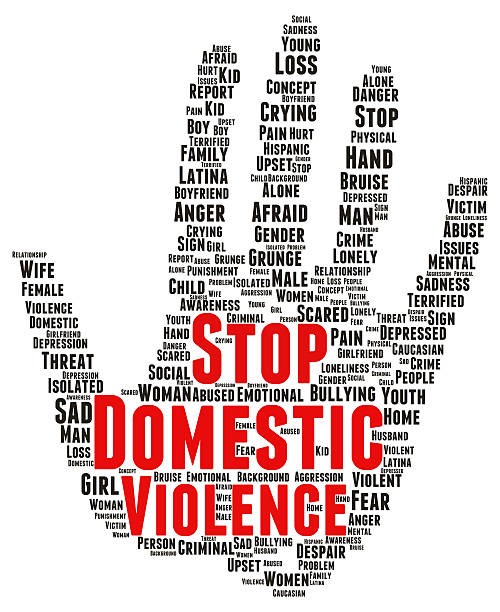You may also wonder, “Can you sue for domestic violence?” especially when the situation feels overwhelming. While it is possible to do so, the first priority is understanding the immediate legal steps. Protective orders and restrictions can affect where you stay and what you can do next.
A lawyer can guide you through these changes with clarity and support. They help with safety planning, communication with authorities, and understanding court procedures. With legal guidance, you are not alone; you have someone committed to protecting your future.
Do You Really Need a Lawyer?
Many people assume that once an arrest is made, the victim is automatically safe. But in reality, this is often the moment when victims feel the most exposed and unsure. The legal process can move fast, and without guidance, it can quickly become overwhelming.
Contacting the police does not end the case or make the situation disappear. Sometimes it can create new challenges you did not expect. Victim services can support you emotionally, but they cannot protect your legal rights.
A lawyer who understands domestic violence cases can guide you without mistakes that could affect your safety. Even if you are not the one facing charges, you still need someone who ensures your voice matters. Prosecutors rely on evidence, not your personal needs or goals.
Your lawyer, on the other hand:
- Deals with no-contact orders safely
- Explains options and risks clearly
- Advocates for what you want, not just what the law demands
- Fights for your rights in a way that victim services can’t
Domestic violence cases are messy. History, emotions, kids, finances. It’s a lot. Your lawyer is the person helping you navigate all that without losing control. A domestic violence lawyer does much more than appear in court. They give you clarity during a confusing time, support when you feel overwhelmed, and a strong voice when you don’t feel heard.
How a Lawyer Can Help You
Stage One: Understanding Your Situation
The first step is the assessment. You sit down with your lawyer, often for an hour or more, to talk through what happened and what you are facing. They ask about the incident, the history of the relationship, any police evidence, and, most importantly, what you truly want.
This is when you finally get answers you didn’t even know you needed, like how your rights are protected, what steps you must follow next, and what choices you have moving forward. It helps you understand your reality instead of guessing through fear and confusion.
Stage Two: Legal Representation
Then comes legal representation in court, the part where your lawyer speaks for you and makes your needs impossible to ignore. They prepare detailed victim input letters that clearly explain your wishes and your perspective to the court.
These documents help the system see your side, often leading to outcomes that match your goals. Victim services can offer comfort, guidance, and information, which is valuable. But they cannot advocate for you or influence legal decisions. Only a lawyer has the power to make the legal system listen and act in your best interest.
Conclusion
Having a lawyer by your side during a domestic violence case gives you the protection and direction you need when everything around you feels uncertain. Instead of facing confusing procedures, strict orders, and emotional pressure alone, you have someone who understands the system and puts your safety first.
Key Takeaways
- Domestic violence cases are messy, confusing, and emotionally draining. Without legal help, you can feel totally lost.
- You should not only rely on victim services for legal advocacy.
- Civil options are usually available even if the criminal case continues.







